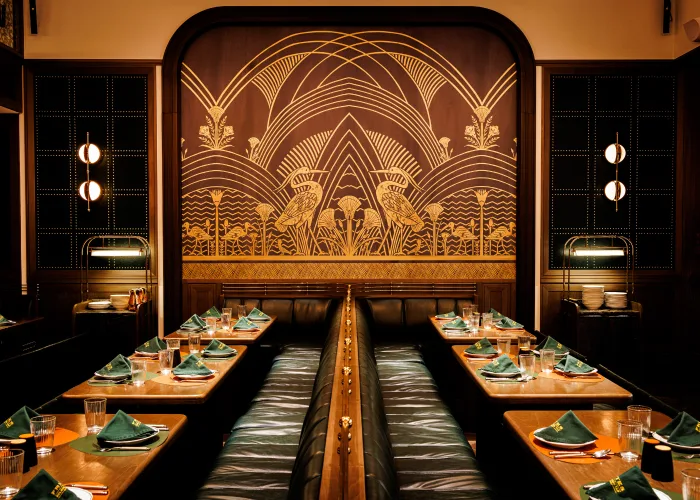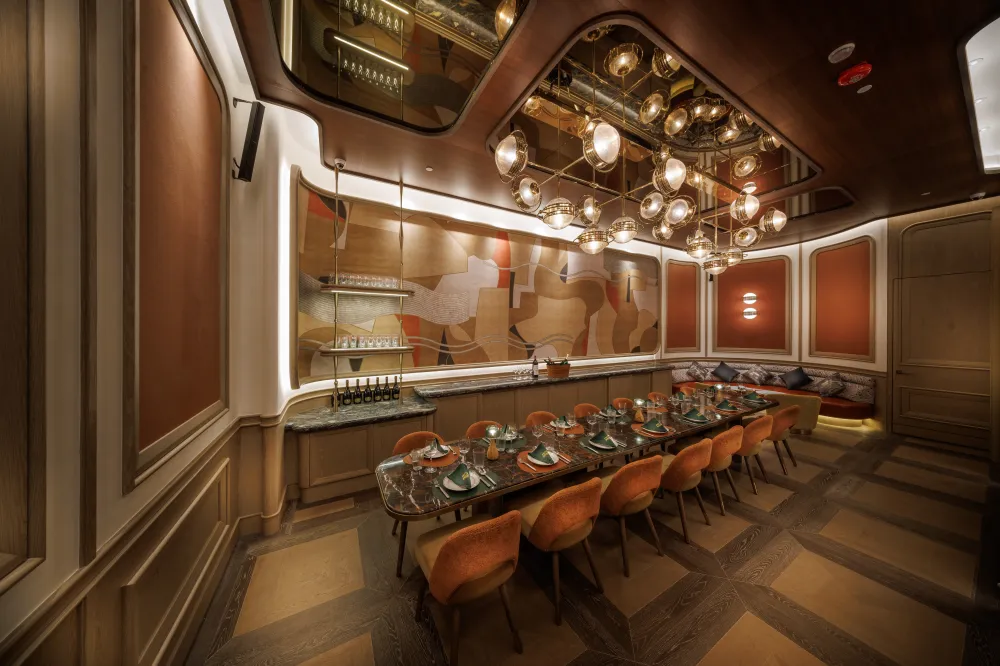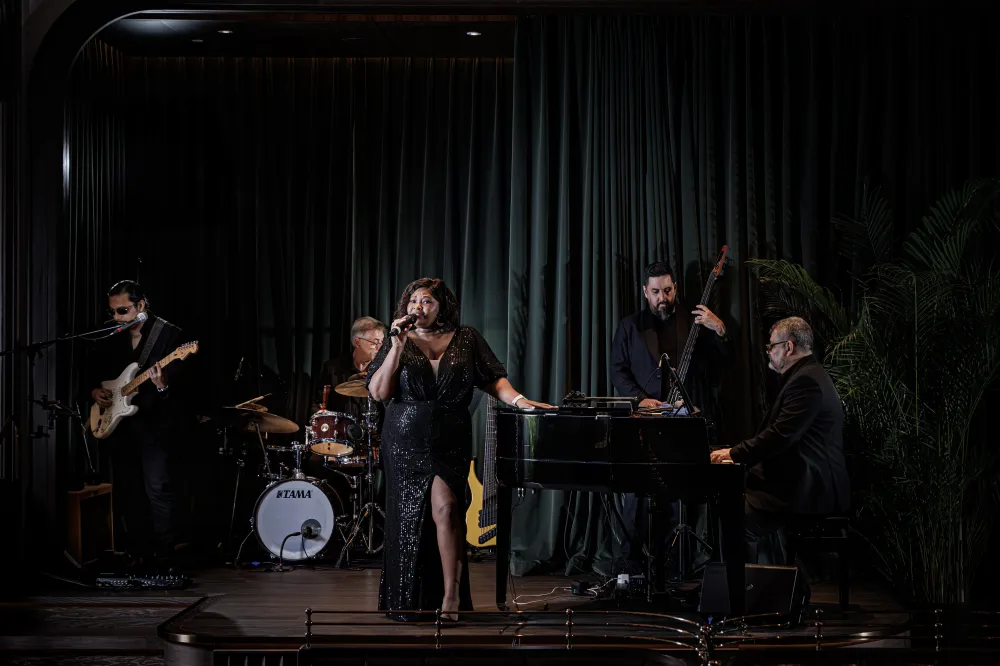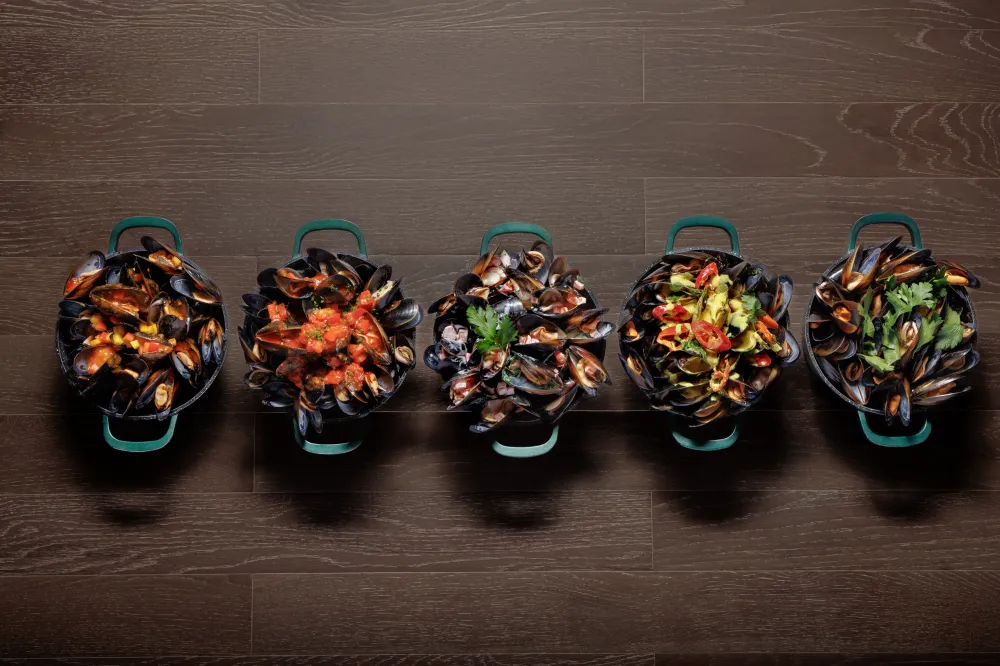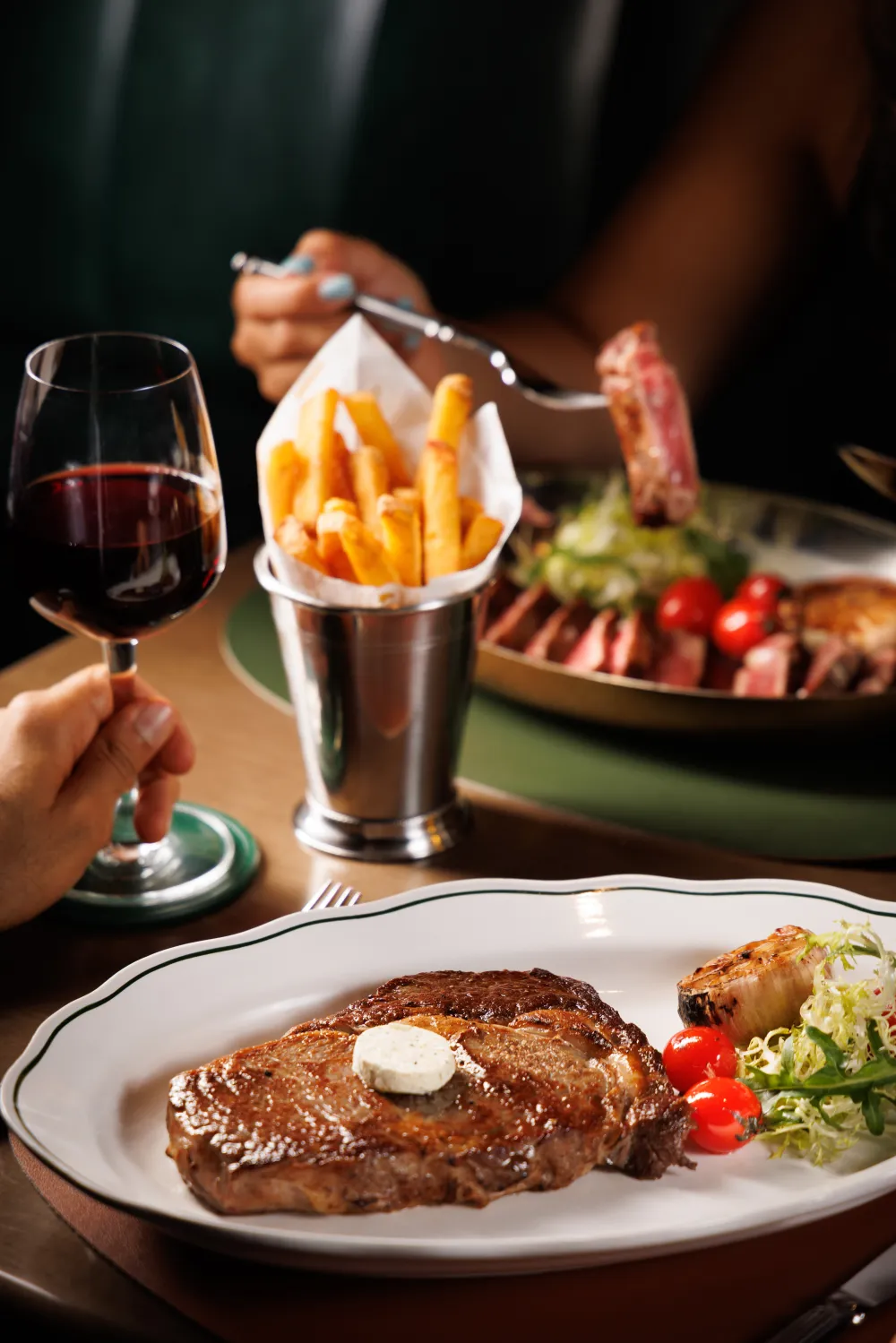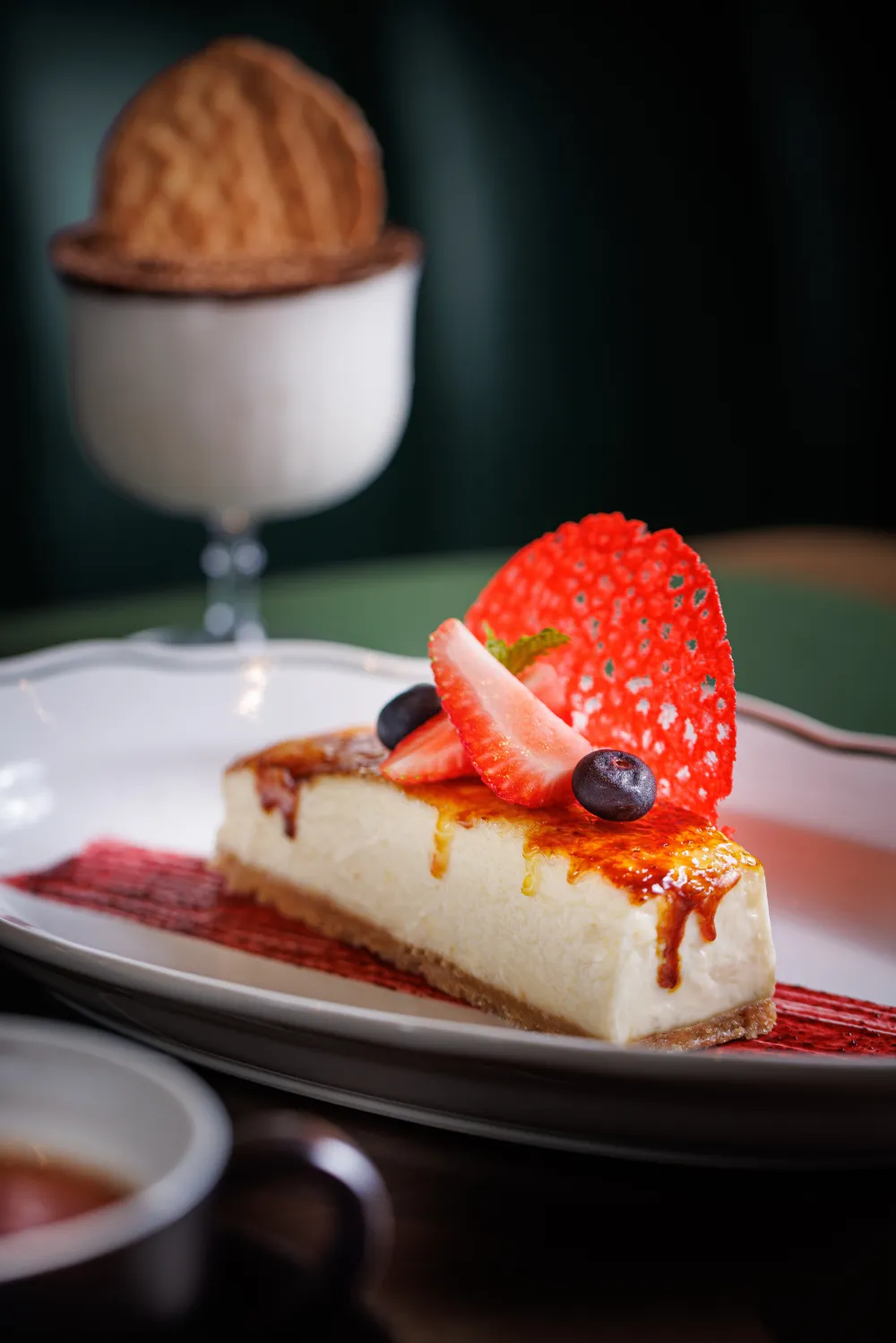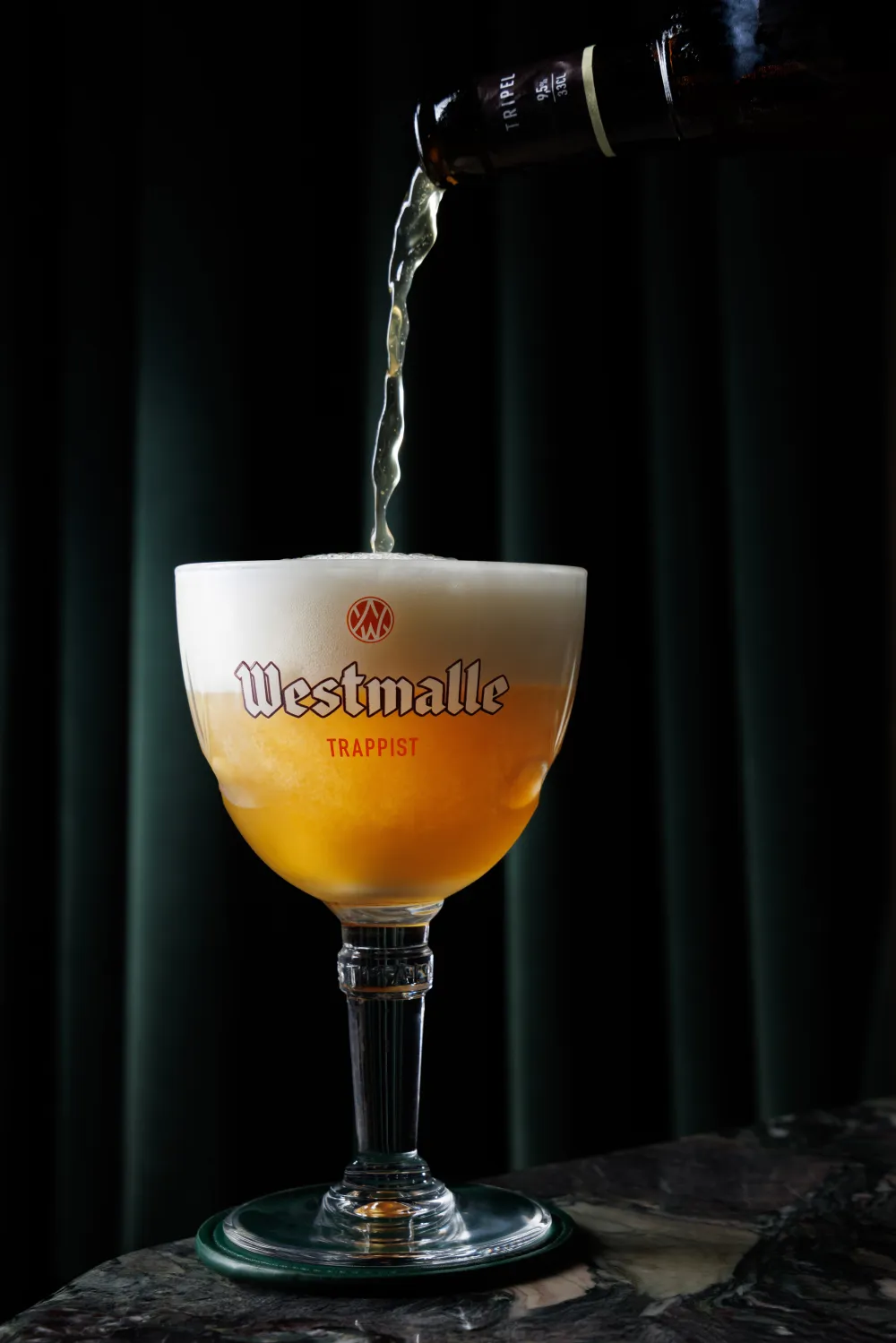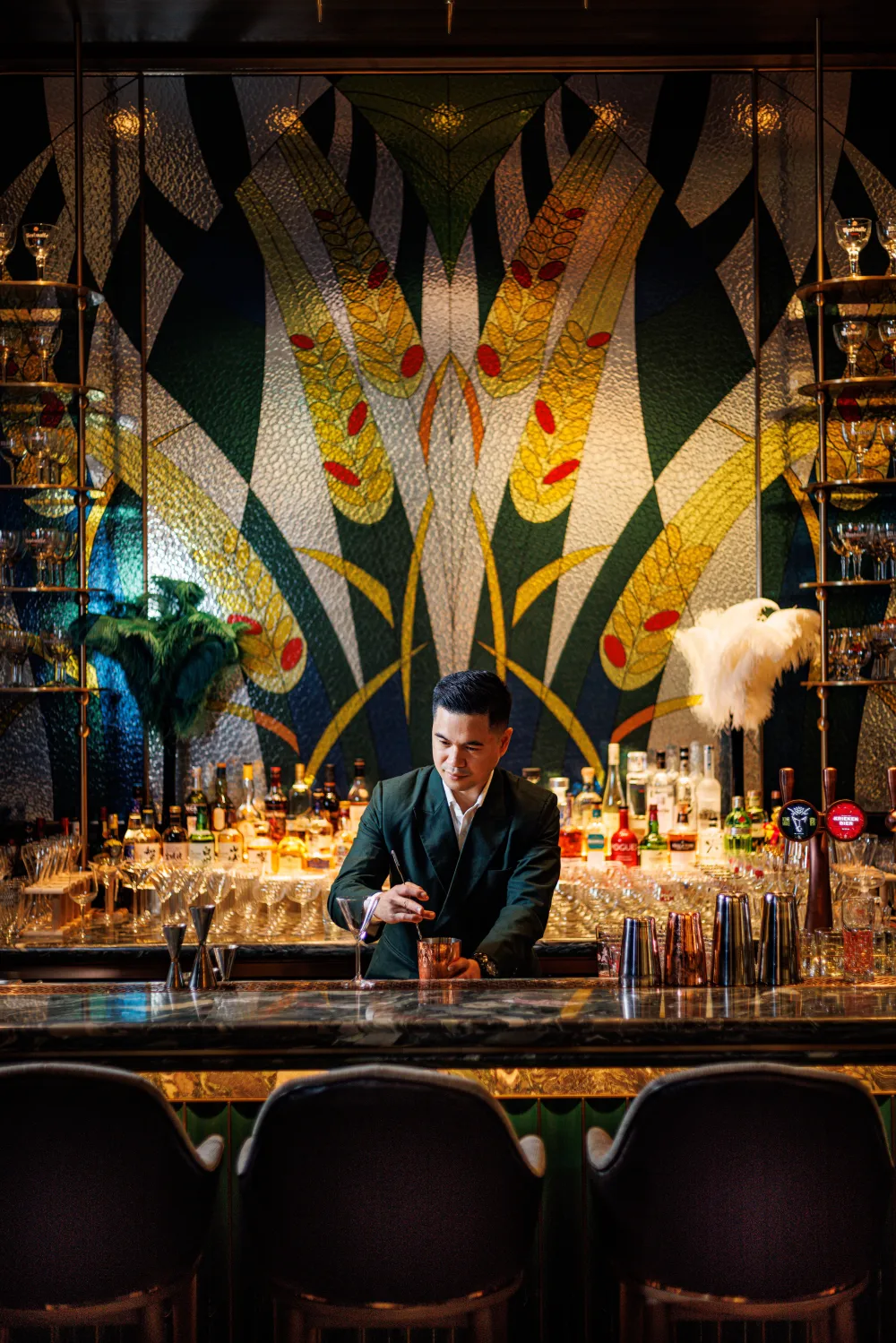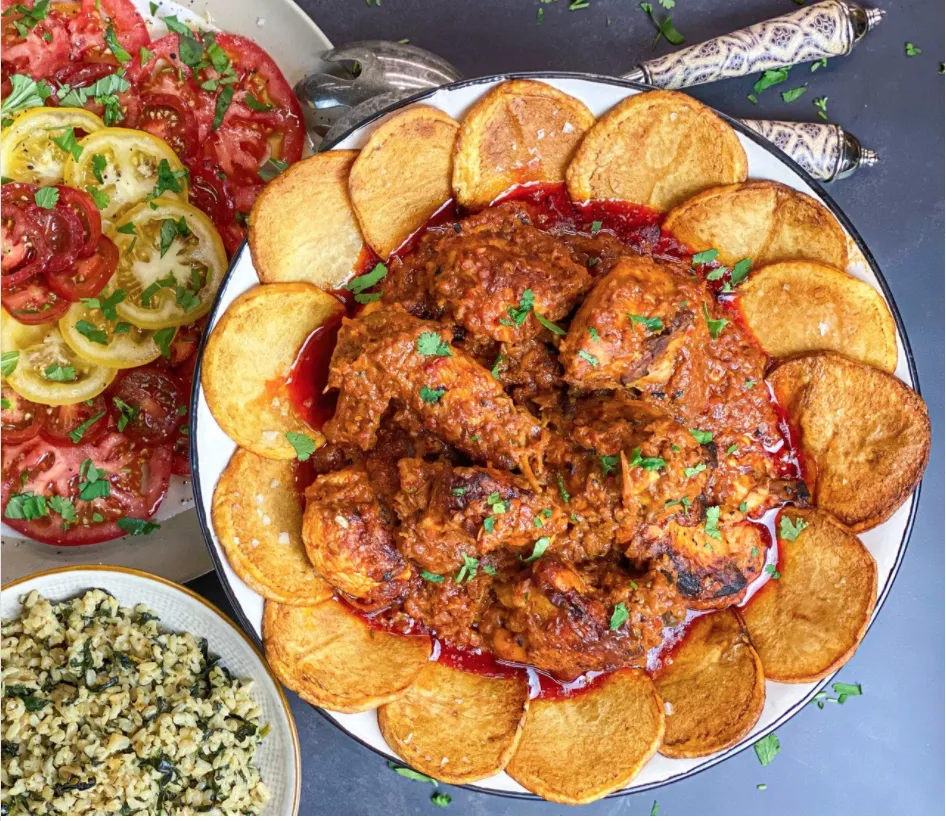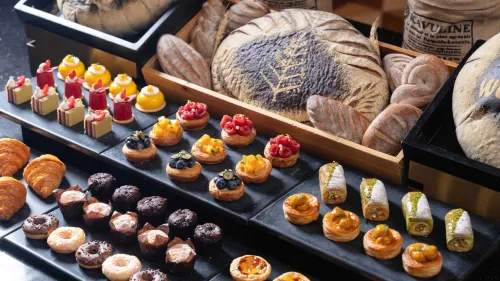The Real History of Macau’s 450-Year-Old Cuisine, From Portugal, Goa to UK
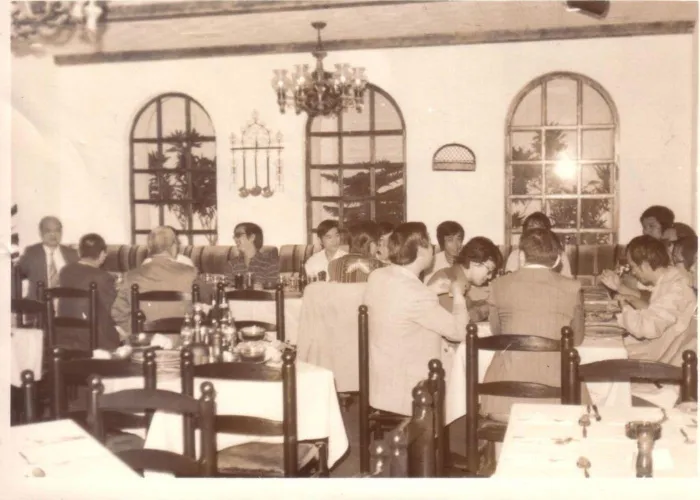
Macau, crowned the UNESCO Creative City of Gastronomy in 2017, is renowned for its unique culinary heritage. However, the history of Macanese cuisine, over 450 years old, is not well-known. In this article, we will explore the origins of Macanese cuisine, uncover its hidden cultural secrets, and learn about the influences of various cultures on this cuisine.
Origins of Macau’s European-inspired Cuisine

To truly understand Macanese cuisine, one must look beyond the Portuguese influence and delve into history books. Portugal, which greatly contributed to local culinary traditions, was itself influenced by other cultures. For instance, olives, garlic, and onions, which are inherent elements of Macanese cuisine, were introduced to the Iberian Peninsula during the Roman Empire’s occupation.
Arab traders also left a significant footprint on European culture, especially in Portugal and Spain. Many spices, fruits, and words like açúcar (sugar), berenjela (eggplant), and arroz (rice) have Arabic roots.
Sephardi Jewish customs also contributed to Portuguese cuisine. In the 14th century, the Catholic inquisition forced the Jewish population to emigrate, and many fled to Portugal. However, they had to renounce Judaism to avoid harsh consequences.
Eating shellfish dishes and meat sausages was one of the tests for the converted. Since Portuguese sausages were mostly made of pork, Sephardi Jews created their own versions, Alheira (chicken sausage) and Farinheira (flour and spice sausage), which are now part of Portuguese cuisine.
Portugal’s Arrival in Macau

When Portugal discovered new territories in the East, they took their culinary influences with them and settled in Macau in 1557. Macau was a peninsula and a few tiny and isolated islands inhabited only by fishermen and farmers with no culinary traditions.
The Portuguese brought gastronomic components, ingredients, and cooking methods that had accumulated in their colonies, which spread from Goa to Southeast Asia, South America, and Africa. Macau, as a small peninsula and two islands, has always had to rely on imported products.
Historically, ingredients imported from the Portuguese Empire and spices such as cloves, cinnamon, and peppercorns picked on the way were the basis for Macanese cuisine.
Dining Influences From the World's Four Corners

Portuguese cuisine played a significant role in shaping Macanese cuisine. The country-style techniques used in dishes like Feijoada, Empadinhas, and Capela laid the foundation for Macau's culinary identity. While some recipes underwent significant transformations, others remained close to their original Portuguese counterparts. The heavy use of eggs and nata (cream) in desserts also came from Portugal.
Chinese ingredients were used as substitutes for Portuguese ones that were not available, leading to the addition of soy sauce, Chinese sausages, and peanut oil in Macanese dishes. The Goan and Malay influence is also evident in Macanese cuisine, especially in the use of coconut milk, spices, and chili. The British contributed to the famous dish, minchi, by introducing Worcestershire sauce.
The origin of Galinha Africana, a renowned Macanese dish, is unclear. Some believe a local chef invented it, while others claim it was brought over by the Portuguese, who moved from African colonies to Macau. However, the use of piri piri pepper sauce suggests African roots.
The Legacy of Macanese Cuisine

Macanese cuisine is built on handwritten recipes and oral instructions passed down from generation to generation. The true keepers of these recipes did not share them widely, making it hard to find records before the 20th century.
However, culinary books with authentic Macanese recipes and restaurants shared by master chefs are now available to spread the legacy of their ancestors.
Macanese cuisine is a fusion of different cultures and traditions, brought together by travel, trade, and love. Its unique blend of flavours and ingredients reflects the rich history of Macau, making it a must-try for any food enthusiast.
Get the latest curated content with The Beat Asia's newsletters. Sign up now for a weekly dose of the best stories, events, and deals delivered straight to your inbox. Don't miss out! Click here to subscribe.







